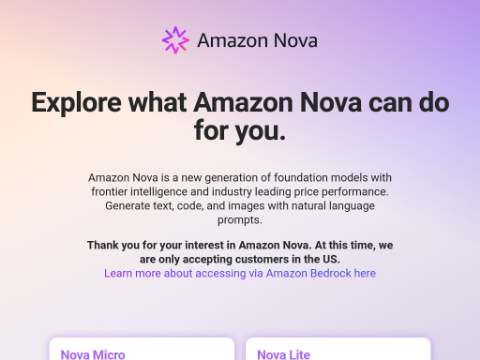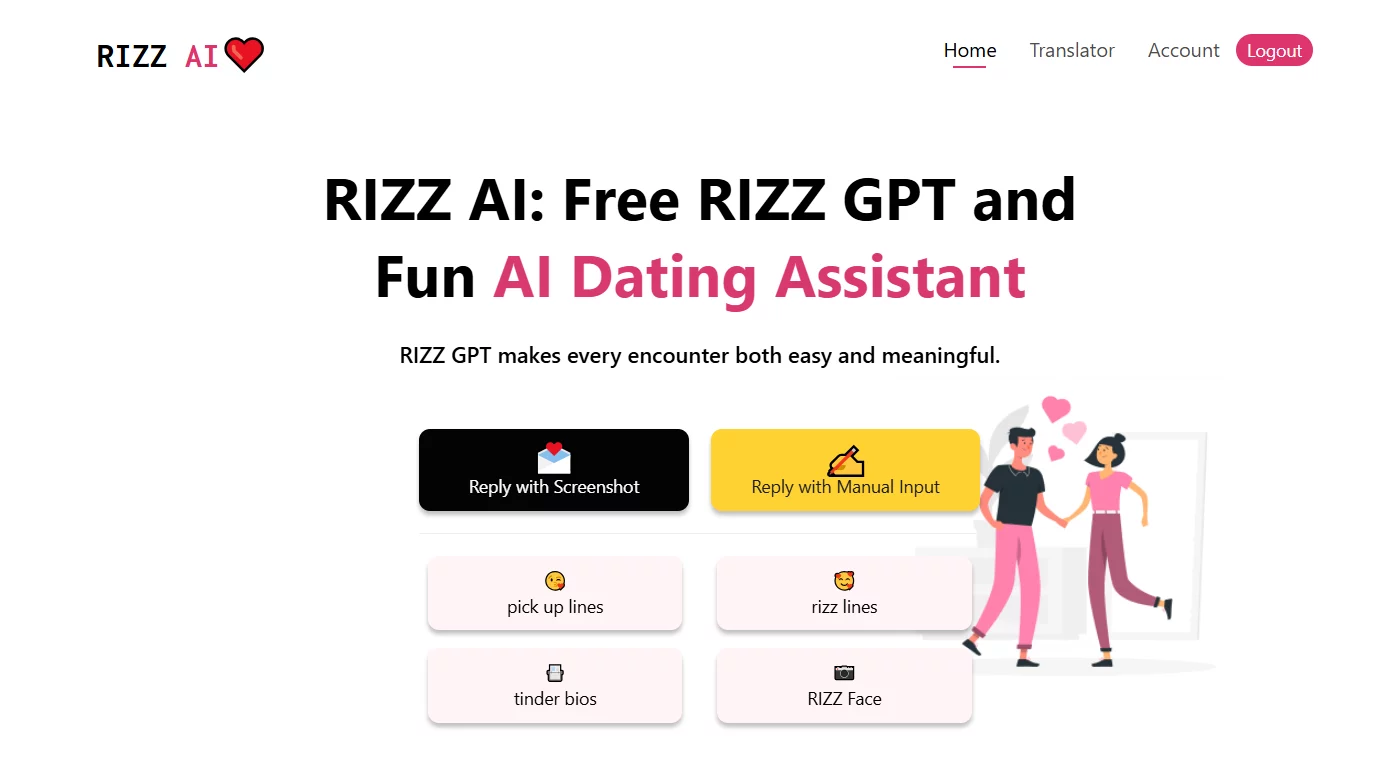Google is working to make multi-agent AI systems not only feasible but also practical for businesses. With today's updates to Vertex AI, Google is providing strong support for this vision. The enhancements released at the Google Cloud Next conference have transformed Vertex into a full-stack platform for building, connecting, and deploying AI agents capable of reasoning, planning, and collaborating within enterprise systems.
Key Highlights:
- A new agent development kit simplifies multi-agent development with fewer than 100 lines of code.
- The Agent2Agent protocol enables cross-framework collaboration between AI agents.
- The agent engine offers managed deployment, testing, and scaling for production use.
At the heart of the updates is the new Agent Development Kit (ADK), an open-source framework that streamlines much of the complexity behind designing and orchestrating intelligent agents. It supports plug-and-play tools compatible with your choice of models—including Gemini and third-party models—and can take you from prototype to production in under 100 lines of Python code. Developers can also leverage the Agent Garden, a curated library of pre-built agent examples, connectors, and workflows that simplify creating agents that interact with enterprise APIs, databases like AlloyDB and BigQuery, and even geospatial data via Google Maps.
Perhaps even more significant is the introduction of the Agent2Agent (A2A) protocol, a proposed standard for agent interoperability. In simple terms, A2A allows agents built using different frameworks—whether ADK, LangGraph, Crew.ai, or others—to communicate and collaborate regardless of vendor. Google has partnered with over 50 organizations, including Salesforce, Box, Deloitte, and SAP, to develop and adopt this protocol, demonstrating widespread industry interest in a universal language for AI agents.
For enterprises ready to move beyond experimentation, Google has launched the Agent Engine, a fully managed runtime that simplifies deployment with built-in testing, scaling, and monitoring support. The Agent Engine maintains context between sessions, supports memory, and integrates directly into Google’s Agentspace platform, offering organizations a path to roll out agents company-wide with governance and oversight.
These announcements reflect Google’s understanding of enterprise AI adoption: it requires not just powerful models but also integration with existing workflows and connections to enterprise data. For companies already invested in Google Cloud, these new tools can streamline the transition from experimental AI to production-ready systems.
Reno Group has already found value in the new capabilities. "We developed an agent using the ADK to ensure we install EV charging stations where drivers need them most," said Laurent Giraud, Chief Data Officer of Reno Group. "This agent helps our data analysts leverage geographic, zoning, and traffic data to inform and prioritize critical EV infrastructure investments."
Google’s focus on security in these announcements is evident. The company addresses enterprise concerns through multiple layers of protection: content filters, identity controls, VPC service controls, safeguards for agent interactions, and comprehensive monitoring capabilities.
While Google isn’t the first to offer AI agent development tools, its approach of combining model flexibility, enterprise integration, and production readiness in a unified platform may appeal to organizations looking to transcend fragmented solutions from multiple vendors.
The multi-agent ecosystem framework is now available through the Vertex AI console.
Chris McKay is the founder and editor-in-chief of Maginative. His thought leadership in AI literacy and strategic AI adoption has been recognized by top academic institutions, media outlets, and global brands.








